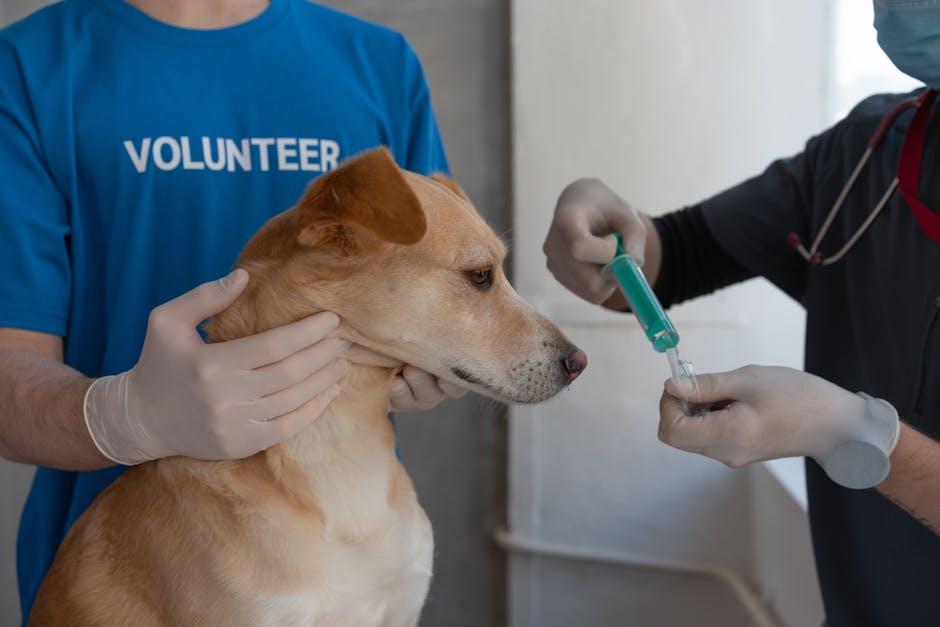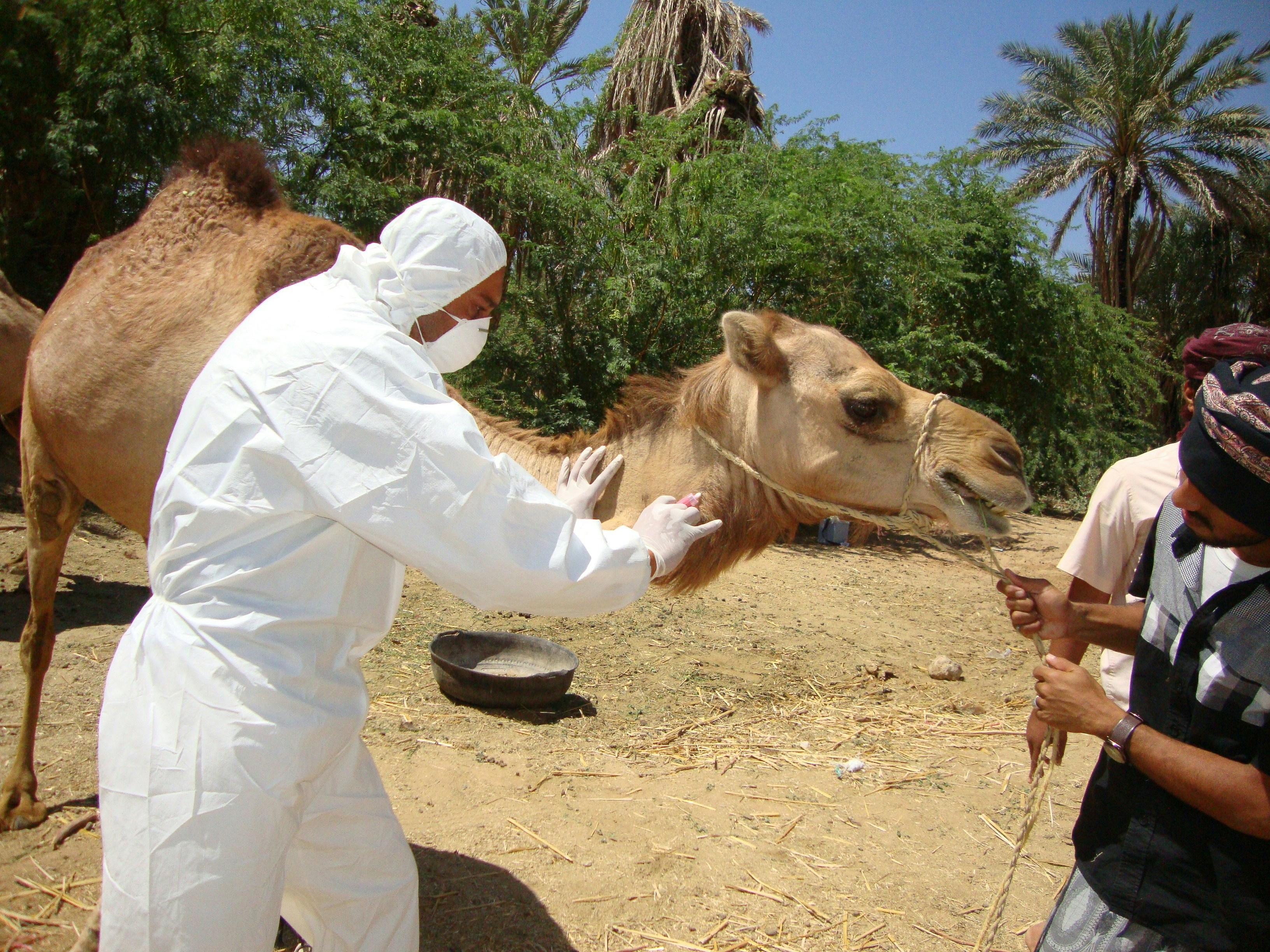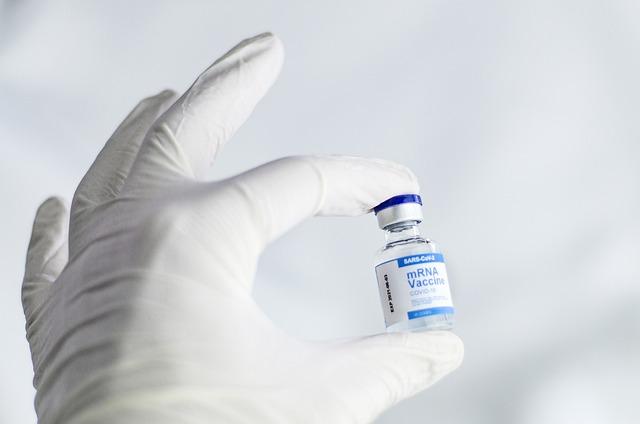In a world where our pets often feel like extensions of our own hearts, their health and well-being become a top priority. As you cradle your furry friend or watch them chase a sunbeam across the living room floor, a myriad of questions about their care may flutter through your mind. Among these, the topic of vaccines often stands out like a beacon. Are they truly necessary? Are they safe? And how do they fit into the grand tapestry of our pets’ lives?
Welcome to “,” where we embark on a journey guided by the seasoned hands and compassionate heart of a veterinary expert. This article aims to unravel the myths, clarify the facts, and provide you with a warm, informed perspective on one of the most debated aspects of pet care. So, grab a cup of tea, settle in with your loyal companion, and let’s explore the world of pet vaccines together—because every wag, purr, and chirp deserves the best care we can give.
Understanding the Basics: What Vaccines Do for Your Pet
Vaccines play a crucial role in safeguarding your furry friends from a myriad of diseases. By introducing a controlled amount of an infectious agent into your pet’s system, vaccines stimulate their immune response without causing the disease itself. This process helps build up your pet’s immunity, making them better equipped to fend off real infections in the future. The benefits are multifaceted:
- Prevention of serious diseases: Vaccines protect against potentially life-threatening conditions such as rabies, distemper, and parvovirus.
- Community health: Vaccinating your pet also helps to control the spread of contagious diseases within the pet population.
- Financial savings: Preventative care through vaccination is often much more affordable than treating a serious illness.
vaccines not only keep your pet healthy but also contribute to a safer environment for other animals and humans alike.
Navigating the Myths: Common Misconceptions About Pet Vaccination
It’s easy to fall prey to misinformation, especially when it comes to the health of our beloved pets. One of the most persistent myths is that vaccinations are unnecessary for indoor pets. While it may seem logical that indoor cats or dogs are safe from disease, they can still be exposed to pathogens through various means such as human contact, contaminated objects, or even brief outdoor excursions. Vaccinations provide a critical shield against these unseen threats.
Another widespread misconception is that vaccines cause more harm than good. Concerns about adverse reactions often stem from misunderstandings or isolated incidents. It’s important to recognize that the benefits of vaccination far outweigh the minimal risks. The majority of pets experience only mild, temporary side effects such as slight swelling at the injection site, mild fever, or lethargy. Serious reactions are exceedingly rare and veterinarians are well-equipped to manage them if they occur.

Tailored Care: Crafting the Perfect Vaccination Schedule for Your Furry Friend
Every pet is unique, and so is their vaccination schedule. Crafting a personalized plan ensures that your furry friend receives the right protection at the right time. Age, breed, lifestyle, and health status all play crucial roles in determining the optimal vaccination timeline. For instance, a playful puppy with a penchant for park adventures will have different needs compared to a senior cat who prefers the comfort of a cozy windowsill.
Key considerations in creating a tailored vaccination schedule include:
- Initial Vaccinations: Starting as early as six weeks, with follow-ups every few weeks.
- Core Vaccines: Essential for all pets, including rabies, distemper, and parvovirus.
- Non-Core Vaccines: Based on risk factors like geography and lifestyle, such as Lyme disease or Bordetella.
- Booster Shots: Regular intervals to maintain immunity, typically annually or triennially.
Consult with your veterinarian to create a plan that prioritizes your pet’s health, ensuring they live a long, happy, and healthy life.

A Veterinarians Guide: Essential Vaccines for Different Pet Lifestyles
When it comes to safeguarding your furry friends, their lifestyle plays a crucial role in determining the right vaccinations. Here’s a breakdown tailored to different pet lifestyles:
- Indoor Cats: While they might seem safe from external threats, indoor cats still need core vaccines like FVRCP (Feline Viral Rhinotracheitis, Calicivirus, and Panleukopenia) and Rabies. Optional vaccines include Feline Leukemia Virus (FeLV) if they have potential exposure to other cats.
- Outdoor Dogs: These adventurous souls require robust protection. Core vaccines include Rabies, Distemper, Adenovirus, Parvovirus, and Parainfluenza. Additionally, consider vaccines for Leptospirosis and Lyme disease due to increased exposure to wildlife and ticks.
- Social Butterflies: Pets that frequently interact with other animals, such as those visiting dog parks or grooming salons, need comprehensive immunization. Alongside core vaccines, include Bordetella (kennel cough) and Canine Influenza to prevent highly contagious diseases.


































